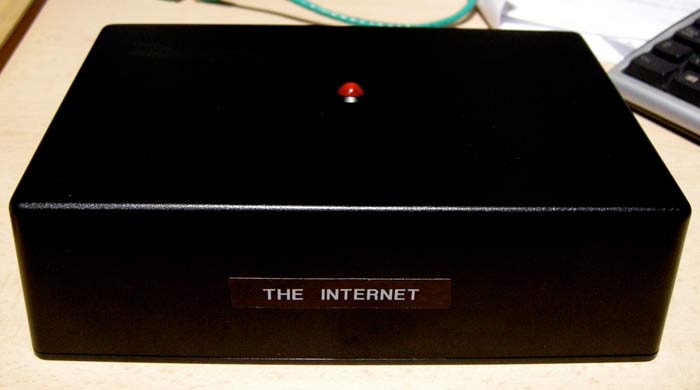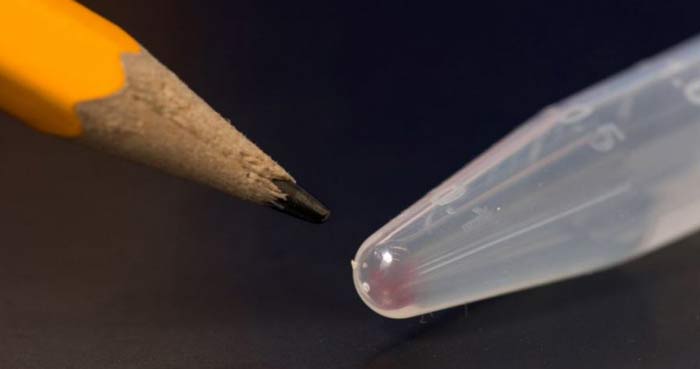Researchers from Microsoft and the University of Washington (UW) have set a record for storing digital data on DNA strands. According to a Microsoft blog entry the collaboration has resulted in 200MB of mixed media data being stored on the molecular strands. Extrapolating the possibilities of DNA data storage based upon this milestone, Microsoft says that it means that "all the publicly accessible data on the Internet," could be fitted in a storage medium the size of a shoebox.

With the above potential in mind Microsoft thinks that "DNA could be the answer," to a data storage crunch, as organisations seek to archive huge amounts of data including documents, images, videos, and so on. Such an eventual goal is said to be a long way off, however the researchers are optimistic as work progress in the last year has meant that DNA data storage capacity has been increased by "a thousand times".
Luis Henrique Ceze, a UW associate professor of computer science and engineering, summed up the excellent fit that DNA provides for those wanting to store and retrieve data. "DNA is an amazing information storage molecule that encodes data about how a living system works. We're repurposing that capacity to store digital data — pictures, videos, documents," said Ceze, who works in the UW Molecular Information Systems Lab (MISL). "This is one important example of the potential of borrowing from nature to build better computer systems."

Back in April Microsoft bought ten million long oligonucleotides, for research into encoding digital data, from DNA synthesis company Twist Bioscience. This silicon-based DNA is said to facilitate low cost data read/writes, and durability of up to 2,000 years.













